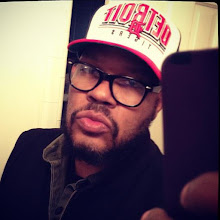
Why they will make you want to relocate to a small cabin in northern Minnesota and live a simple, more meaningful life: Grand, orchestral, cinematic — Cloud Cult makes music that really wants to be the soundtrack to your life. What started in the mid-‘90s as a solo project for singer Craig Minowa has exploded into a sprawling, multimedia experience. In concert, the band conjures its intimate and emotional indie epics while painters Scott West and Connie Minowa (Craig’s wife) collaborate on a large canvas behind them. The resulting piece usually gets auctioned off at the end of the show.
The band received much exposure last year by scoring a widely seen Esurance TV commercial with their song “Lucky Today.” The aggressively green outfit used the opportunity to push an environmental message within the spot. Craig Minowa, who lives on a remote farm powered by geothermal energy in the woods of Minnesota with Connie, also runs the band’s eco-conscious Earthology record label, and works with organizations such as Reverb and American Forests while on tour.
Still supporting their 2008 album "Feel Good Ghosts (Tea-Partying Through Tornadoes)," the next Cloud Cult release is a DVD. “No One Said It Would Be Easy” is scheduled to come out the Tuesday after Coachella. It's an up-close documentary that explores the band’s unusual but inspiring dynamics, both personal and creative.
(Originally published by L.A. Times)

